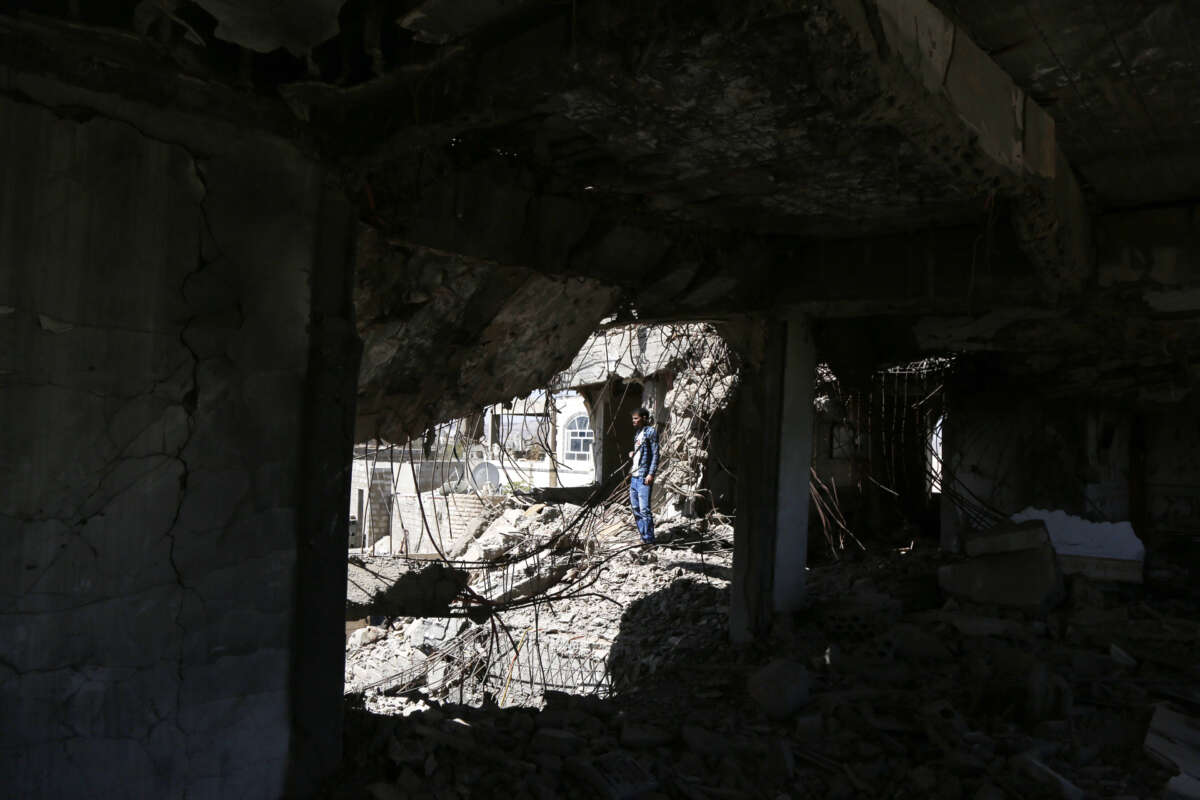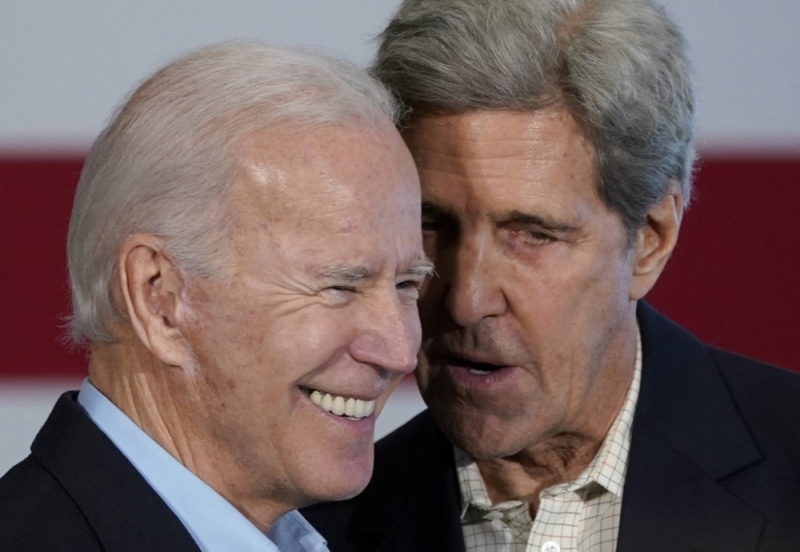Scientists discover the first new antibiotics in over 60 years using AI

A new class of antibiotics for drug-resistant Staphylococcus aureus (MRSA) bacteria which was discovered using more transparent deep learning models.
The use of artificial intelligence (AI) is proving to be a game-changer when it comes to medicine with the technology now helping scientists to unlock the first new antibiotics in 60 years.
The discovery of a new compound that can kill a drug-resistant bacterium that kills thousands worldwide every year could prove to be a turning point in the fight against antibiotic resistance.
"The insight here was that we could see what was being learned by the models to make their predictions that certain molecules would make for good antibiotics," James Collins, professor of Medical Engineering and Science at the Massachusetts Institute of Technology (MIT) and one of the study’s authors, said in a statement.
"Our work provides a framework that is time-efficient, resource-efficient, and mechanistically insightful, from a chemical-structure standpoint, in ways that we haven’t had to date".
The results were published in Nature and co-authored by a team of 21 researchers.
Study aimed to 'open the black box'
The team behind the project used a deep-learning model to predict the activity and toxicity of the new compound.
Deep learning involves the use of artificial neural networks to automatically learn and represent features from data without explicit programming.
It is increasingly being applied in drug discovery to accelerate the identification of potential drug candidates, predict their properties, and optimise the drug development process.
In this case, researchers focused on methicillin-resistant Staphylococcus aureus (MRSA).
Infections with MRSA can range from mild skin infections to more severe and potentially life-threatening conditions such as pneumonia and bloodstream infections.
Almost 150,000 MRSA infections occur every year in the European Union while almost 35,000 people die annually in the bloc from antimicrobial-resistant infections, according to the European Centre for Disease Prevention and Control (ECDC).
The MIT team of researchers trained an extensively enlarged deep learning model using expanded datasets.
To create the training data, approximately 39,000 compounds were evaluated for their antibiotic activity against MRSA. Subsequently, both the resulting data and details regarding the chemical structures of the compounds were input into the model.
"What we set out to do in this study was to open the black box. These models consist of very large numbers of calculations that mimic neural connections, and no one really knows what's going on underneath the hood," said Felix Wong, a postdoc at MIT and Harvard and one of the study’s lead authors.
Discovering a new compound
To refine the selection of potential drugs, the researchers employed three additional deep-learning models. These models were trained to assess the toxicity of compounds on three distinct types of human cells.
By integrating these toxicity predictions with the previously determined antimicrobial activity, the researchers pinpointed compounds capable of effectively combating microbes with minimal harm to the human body.
Using this set of models, approximately 12 million commercially available compounds were screened.
The models identified compounds from five different classes, categorised based on specific chemical substructures within the molecules, that exhibited predicted activity against MRSA.
Subsequently, the researchers acquired around 280 of these compounds and conducted tests against MRSA in a laboratory setting. This approach led them to identify two promising antibiotic candidates from the same class.
In experiments involving two mouse models - one for MRSA skin infection and another for MRSA systemic infection - each of these compounds reduced the MRSA population by a factor of 10.







